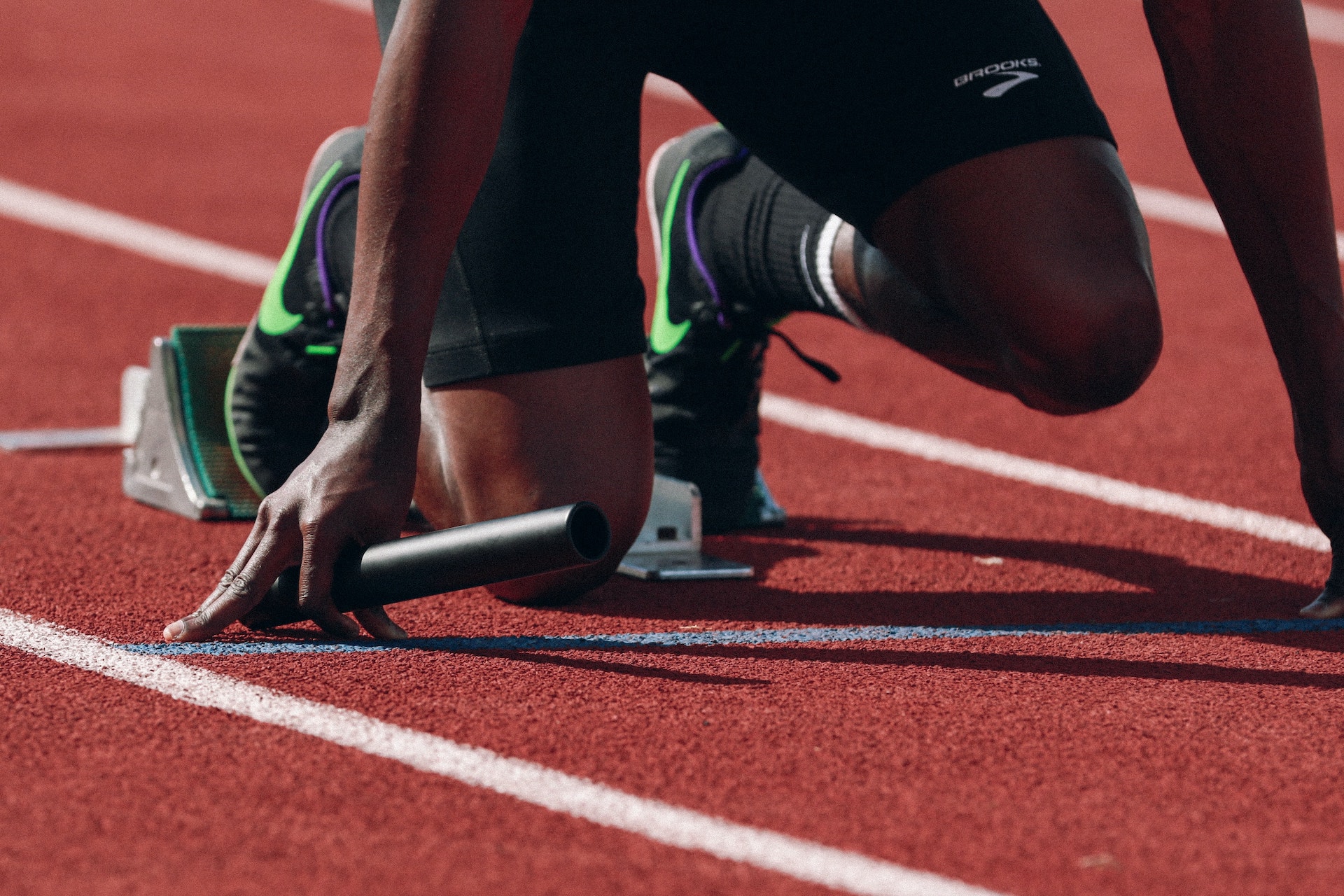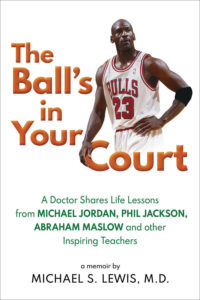How Heroes Motivate Us To Reach For Infinite Possibilities
How Heroes Inspire Us
On May 6, 1954, on a cold, damp, and windy day in Oxford, England, Roger Bannister became the most famous athlete on the planet.
Why? Because on that day he accomplished what doctors and scientists at that time said was physiologically impossible. He broke the four-minute-mile barrier. Bannister’s record did not last long. Australian John Landy also ran a sub-four-minute mile only six weeks later, and within a few months, several others also broke that barrier, but Bannister was the first.
Halfway around the world in Houston, Texas, I was an 11-year-old aspiring track athlete, awestruck by Roger Bannister’s accomplishment. I can still feel the excitement I experienced that day in May 1954. I, along with so many others, had a similar reaction when Sir Edmund Hillary reached the summit of Mount Everest and when Neil Armstrong walked on the moon.
I am profoundly convinced that these events created a worldview for me and for many in my generation — the sense of infinite possibilities, that there were no limits to what we could achieve.
Meeting My Heroes
Since then I have been fortunate enough to actually meet some of my heroes. One of them was Sir John Charnley.
During my residency, I spent three months in England on a fellowship. For some of that time, I studied under Mr. John Charnley at his surgical and research Center at Wrightington Hospital near Manchester. (Surgeons in Britain are addressed as “Mr.”) At that time, he was working on a new procedure – the hip replacement –a most radical and exciting advance in orthopedic surgery.
Charnley was constantly refining his techniques, and he tested numerous different implants before finding one that worked to his satisfaction. He subscribed to Thomas Edison’s famous statement, “When working on inventing the light bulb, I did not keep failing. I just found 10,000 ways that didn’t work.”
Prior to the invention of hip replacements, people with failing hip joints had to live with unbearable pain, and the existing surgical procedures to treat the condition were totally inadequate. In addition to inventing and perfecting the procedure in the 1960s, Charnley pioneered the development of knee replacements in the 1970s.
Joint replacement surgery now includes hips, knees, shoulders, elbows, fingers, toes, ankles, and wrists.
It is difficult to overstate the importance of John Charnley, not only to orthopedic surgery but also to the history of medicine.
The Heroes In My Life
Today it is my good fortune to have a friend who is also a hero.
Geoff Tabin and I met while he was in surgical training in Chicago, and immediately connected because of common interests in medicine, philosophy, tennis, and Chicago Blues. Geoffrey, their younger son of Manhattan Project physicist Julius Tabin and psychiatric Johanna Tabin, was born in 1956. At Yale, he was captain of the tennis team.
He attended Harvard Medical School, was a Marshall Fellow at Oxford University, climbed Mount Everest, and – as an ophthalmologist — co-founded the Himalayan Cataract Project. Thus far, since its founding in 1994, the project has restored eyesight to more than 900,000 people in Asia and sub-Saharan Africa.
Geoff not only conducts the operations himself, but he also teaches the local medical practitioners how to perform them so that they can carry on the work when he is no longer present. His organization has trained more than 550 ophthalmic personnel from 19 countries.
Few individuals have the drive or determination of Geoffrey Tabin, but his example has inspired me and so many others. For many years, I felt that compared to Geoff’s accomplishments, mine were inadequate. Eventually, I realized that each of us has different gifts and capacities. Even though I could not affect the lives of thousands, I could at least attempt to have a positive effect on one person at a time. It was extraordinarily freeing when I was able to stop comparing myself to others and to understand truly that this journey is uniquely one’s own.
I love Oscar Wilde’s famous dictum: “Be yourself. Everyone else is already taken.”
***
Pick up The Ball’s in Your Court: A Doctor Shares Life Lessons from Michael Jordan, Phil Jackson, Abraham Maslow, and other Inspiring Teachers. All proceeds will be donated to the Himalayan Cataract Project.
Pick up your own copy on Amazon.
Connect with Michael on Twitter, Facebook, Instagram, LinkedIn, and be sure to sign up for his newsletter!

